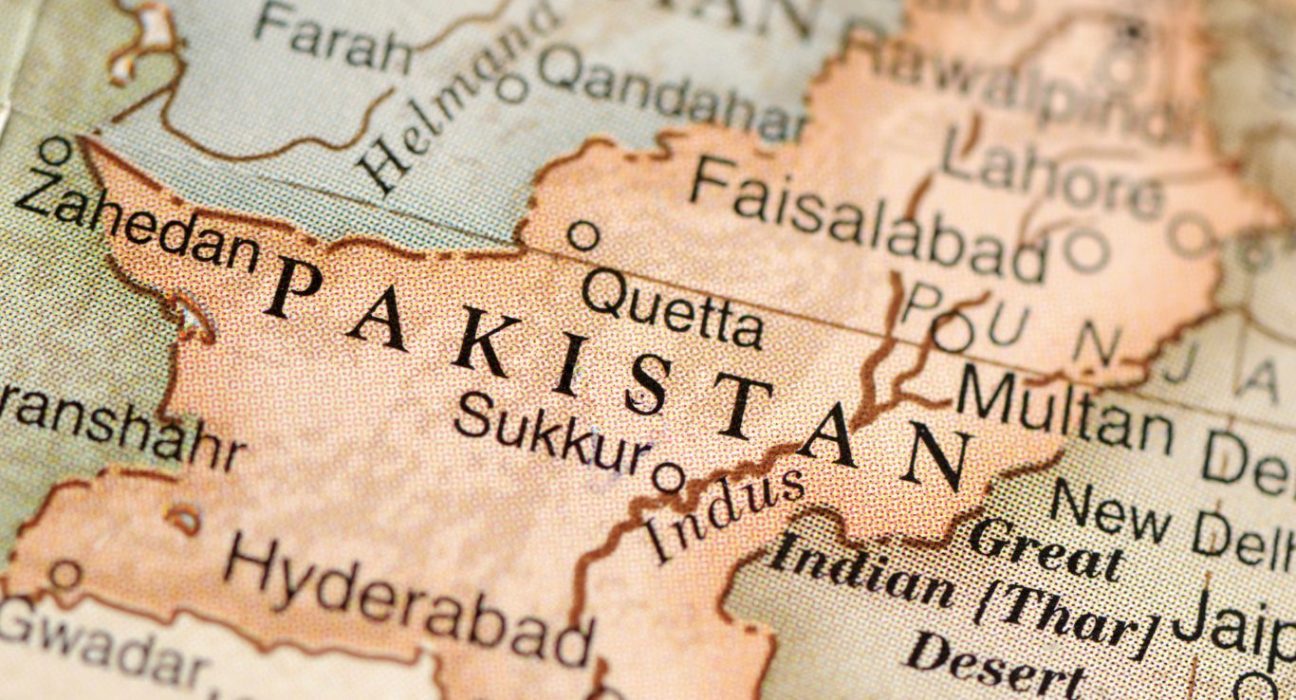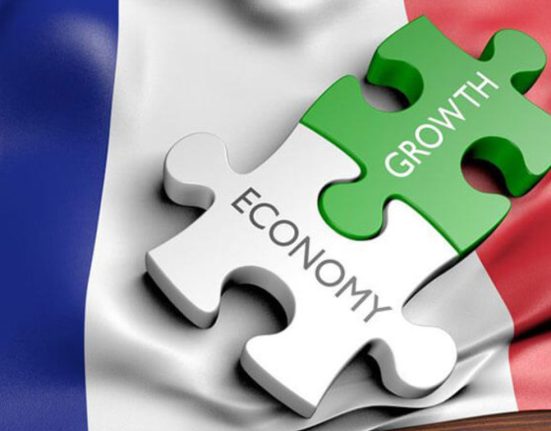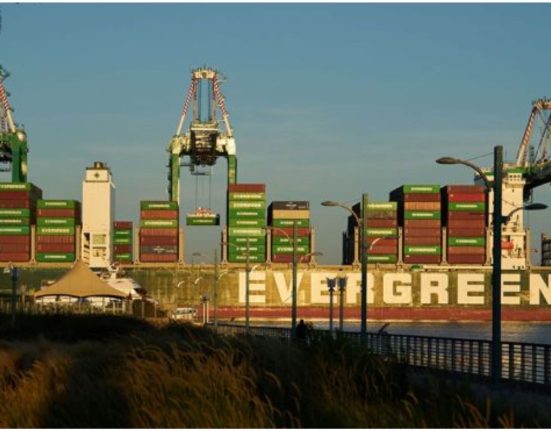Pakistan has achieved a significant milestone by securing a vital $3 billion short-term financial package from the International Monetary Fund (IMF). This agreement comes as a much-needed relief for the South Asian nation, which has been grappling with the looming threat of default. The IMF announced the successful deal, and it is now pending approval by the IMF board in July. This article delves into the specifics of the agreement, its potential implications for Pakistan’s economy, and the upcoming approval process.
The Agreement and Its Significance
Pakistan, a country with a population of 220 million, reached a comprehensive agreement with the IMF for a $3 billion financial package. This deal is aimed at addressing the severe economic challenges that the nation currently faces. The funds will be disbursed as a part of the IMF’s short-term assistance program, providing Pakistan with a much-awaited respite from its impending default.
The IMF’s Role and Support
The International Monetary Fund, an international financial institution, has been a longstanding partner for Pakistan in times of economic turmoil. The IMF’s role is to provide financial assistance and support to member countries, helping them overcome economic challenges and achieve stability. In this case, the IMF’s financial package will act as a lifeline for Pakistan’s struggling economy, averting the immediate risk of default and providing room for economic recovery.
Addressing Pakistan’s Economic Challenges
Pakistan’s economy has been facing multiple challenges in recent years, including a mounting debt burden, fiscal imbalances, and a deteriorating balance of payments situation. These factors have put immense strain on the country’s financial stability and led to concerns over its ability to meet its financial obligations. The $3 billion IMF financial package will help address these challenges by injecting much-needed liquidity into the economy, bolstering foreign exchange reserves, and supporting efforts to stabilize fiscal imbalances.
Terms and Conditions of the Financial Package
The financial package agreed upon by Pakistan and the IMF comes with specific terms and conditions that the country must adhere to. These conditions are aimed at implementing structural reforms to address the root causes of Pakistan’s economic challenges. They may include measures such as fiscal consolidation, tax reforms, improvements in governance and transparency, and structural adjustments in key sectors of the economy. Pakistan’s commitment to implementing these reforms will be crucial for the successful disbursement of the funds and achieving long-term economic stability.
IMF Board Approval Process
While the agreement between Pakistan and the IMF marks a significant step forward, it is important to note that the deal is subject to approval by the IMF board. The board comprises representatives from member countries who assess the agreement’s terms, conditions, and feasibility. The board’s approval process is scheduled to take place in July, where the agreement’s details and Pakistan’s commitment to implementing the necessary reforms will be thoroughly reviewed. The outcome of this process will determine the final disbursement of the funds.
Potential Impact on Pakistan’s Economy
The IMF financial package holds the potential to have a transformative impact on Pakistan’s economy. The injection of $3 billion will help alleviate immediate financial pressures, provide stability to the currency, and enhance investor confidence. Additionally, the implementation of structural reforms, as per the IMF’s conditions, can help address long-standing issues and pave the way for sustainable economic growth. The package’s positive effects are expected to trickle down to various sectors, including industry, agriculture, and services, thereby boosting employment opportunities and improving living standards for the people of Pakistan.
Conclusion
Pakistan’s successful acquisition of a $3 billion short-term financial package from the IMF comes as a significant relief for the country’s economy, which was teetering on the brink of default. The agreement, pending approval by the IMF board, reflects the commitment of both Pakistan and the IMF to overcome the economic challenges faced by the nation. By adhering to the agreed-upon terms and implementing necessary reforms, Pakistan can pave the way for sustained economic stability, growth, and improved living conditions for its citizens. The IMF’s support and the potential positive impact of this financial package signal a hopeful future for Pakistan’s economy.










